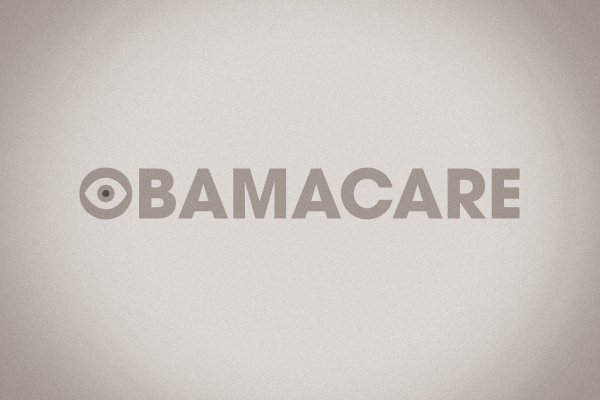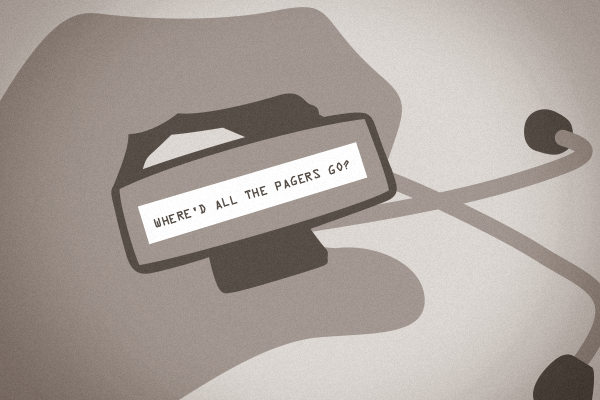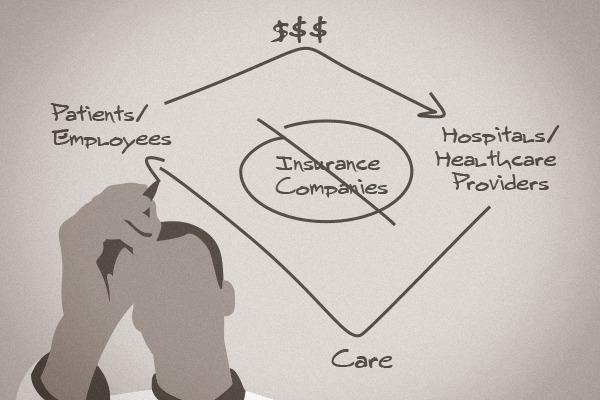We came across an opinionated article on Rare.us asking, “Would you trust thousands of low-level Federal bureaucrats and contractors with one-touch access to your private financial and medical information?” Our immediate answer was of course not. But with Obamacare’s enactment, we might not have a choice. That’s because of something called the Federal Data Services Hub. This Data Hub will supposedly be a comprehensive database of personal information established by the Department of Health and Human Services (HHS) to help with the federally facilitated health insurance exchanges.
To paraphrase, with Obamacare, each state will need to have a transparent state insurance market (currently not every state has one). If a state creates and operates one themselves, then great. But if they don’t, the government will “run” one for them. And to help “run” this state insurance market, the Obama administration is planning to hire “tens of thousands” of “navigators” earning “$20 an hour or more” to help guide buyers to their taxpayer-funded coverage, according to the Washington Examiner.
Here’s a round-up of articles to give you a more complete picture of the Federal Data Services Hub:









